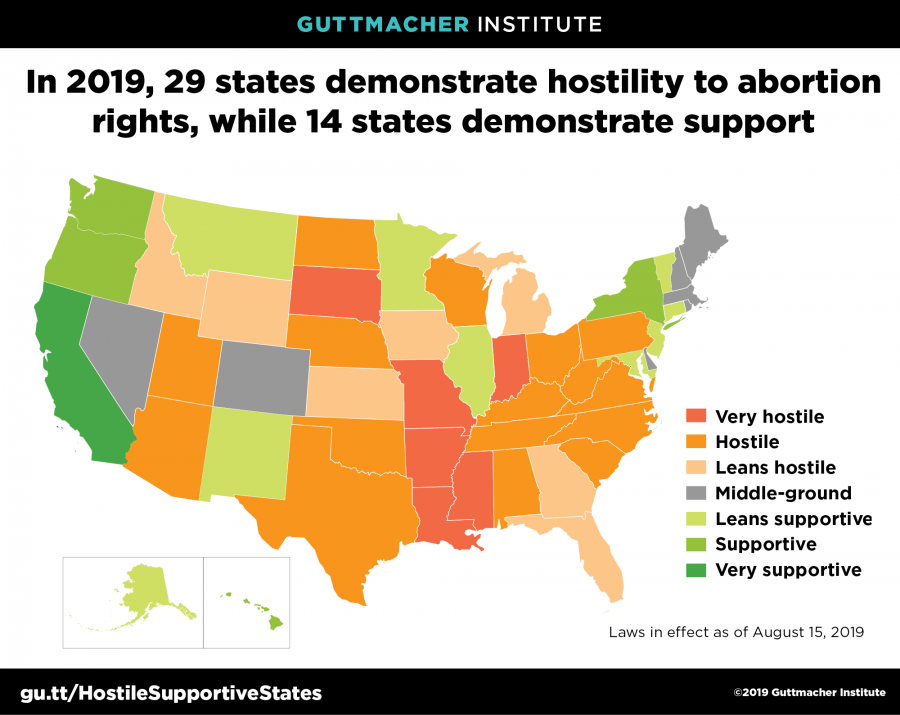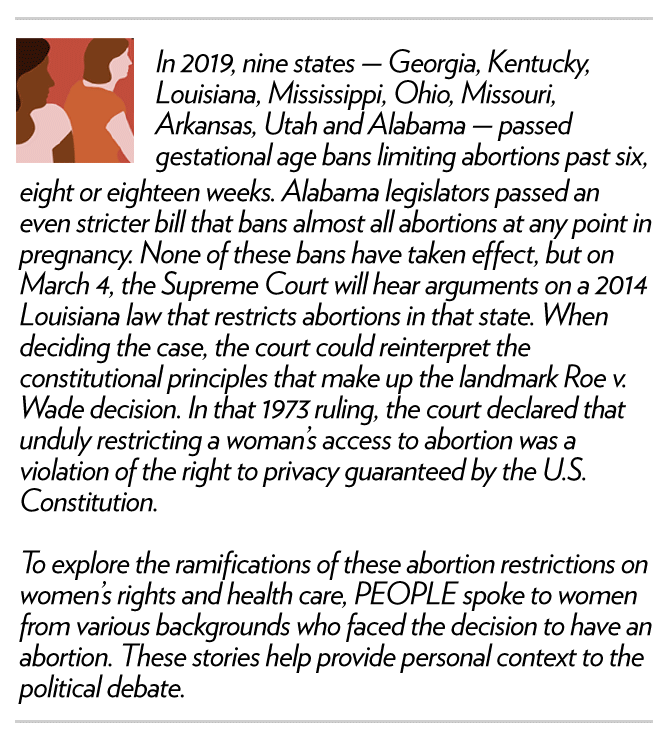I Had Undiagnosed Bipolar Disorder When I Got Pregnant — My Abortion Saved My Life
When I learned I was pregnant, my immediate reaction was that I was going to have an abortion. I had been cycling through manic and depressive cycles for several years, but didn’t yet realize that what I had was bipolar disorder.
Immediately I thought, I can’t have a baby— I can’t take care of myself. At the time, I was waiting tables, going to college and living with my boyfriend, who is now my husband. We were both waiters and living paycheck to paycheck. Having a child would just not have been possible.
There wasn’t a lot of deliberation about it, because we both knew how unhealthy I was, even if we couldn’t name exactly why. We both knew that it was the right decision. There was not any regret. We were very certain.
It was 2003 in Austin, before many of the restrictions went into place in Texas, so I was able to get the procedure done easily.
I’d been cycling so quickly between mania and depression that I was not suicidal, exactly, but I was so reckless with my life that I didn’t care about what happened to me.
Having an abortion allowed me to seek the mental health help I needed because I was able to try different medications. I eventually found the medication that I needed, but that was a long, arduous process that was pretty debilitating. If I’d had a child at that time, I don’t think I would have made it through that.

After I found a regimen that worked, I was able to finally graduate college after nine years. Then I was finally able to have a healthy relationship with my husband and fulfill my professional goals. And I was finally able to be a mother to two children that I’m able to prioritize and love. I attribute my abortion to saving my life.
But I didn’t start sharing my story until recently. For a long time I was really embarrassed about the fact that I had mental health issues. I felt like it would undermine everything I had built post-treatment. I think that the stigmas surrounding both mental health and abortion made me feel uncomfortable sharing my story.
I felt that stigma even though my father was an abortion provider. He traveled every other Friday to Laredo and Corpus Christi to work at a clinic. He took me there when I was about 10 years old, and I saw how the waiting room was filled to the brim with people seeking his help because they only had a provider once every two weeks, and it was such a necessity. At the time I don’t even think I actually knew what abortion was, but I knew it was important. And I knew that these people needed it so that they could live their best lives. That stuck with me, and as I got older, I realized I really wanted to do something to make that kind of difference in people’s lives.
I was an intern with NARAL Pro-Choice America in 2006 and went back there after law school as a public affairs director. Then, when the opportunity came about to apply for the executive director position, I took it because I felt like this is what I was supposed to do — lead an organization in Texas where I’m from, and where my dad provided abortions. I wanted to help in the community I love, and to make abortion more accessible.
As told to Julie Mazziotta



